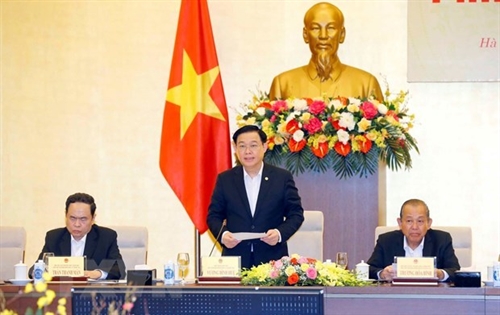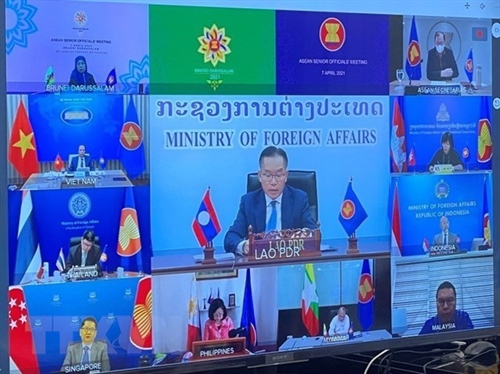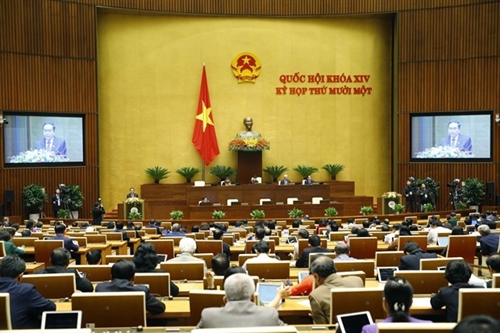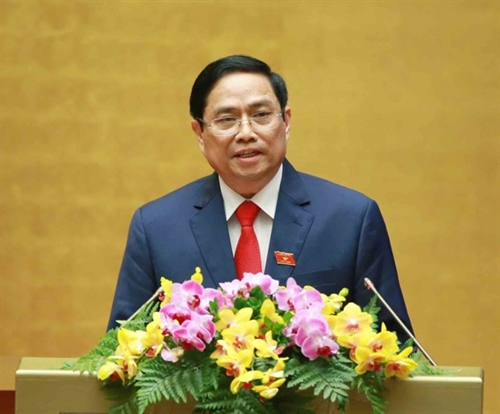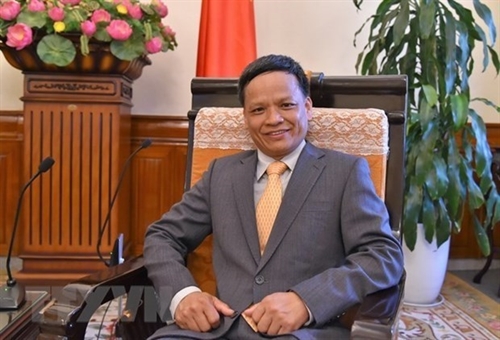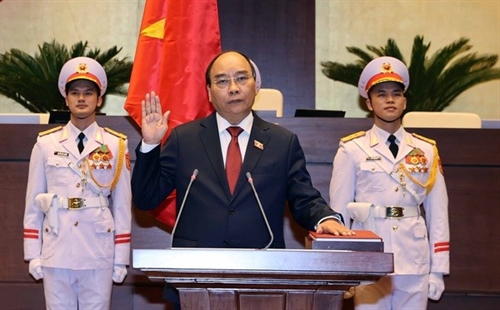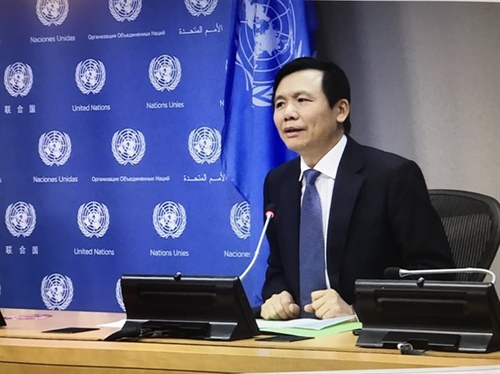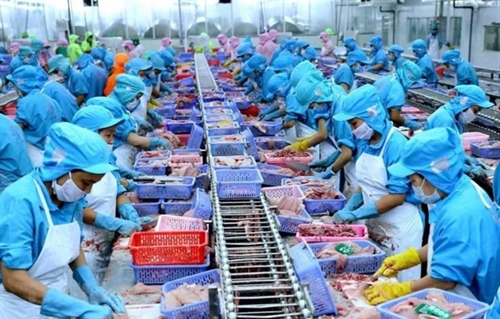The 2016-2021 government term witnessed an incremental improvement in national governance and public administration performance, with control of corruption in the public sector showing the strongest improvement.
It is highlighted in the 2020 Provincial Governance and Public Administration Performance Index (PAPI) Report released on April 14 in Hanoi.
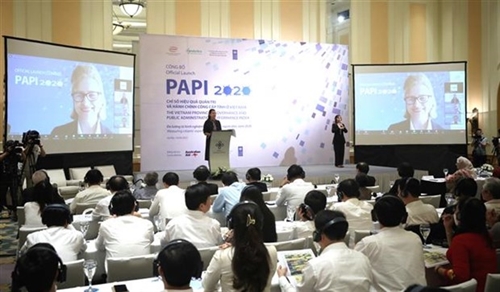 |
| The official launch of the 2020 PAPI report is held in Hanoi__Photo: VNA |
The report, which assesses citizen experiences with national and local government performance in governance, public administration, and public service delivery, shows that the Control of Corruption in the Public Sector dimension has improved significantly each year since 2016. The dimension on Vertical Accountability Towards Citizens also steadily improved during 2016-2021, mainly because an increasing number of citizens have contacted local officials, especially village heads and People’s Council deputies. Meanwhile, dimensions on Participation at Local Levels and Public Administrative Procedures showed a decrease.
Speaking at the report’s launching ceremony, UNDP Resident Representative in Vietnam Caitlin Wiesen pointed out new features of the 2020 PAPI Report, including insightful findings on the performance of local governments across two terms (2011-2016 and 2016-2021), internal migrants’ experience of accessing services in receiving provinces; and voters’ perception of women in leadership roles.
As the Government embarks on a new term, PAPI provides rich and deep datasets on citizens’ perception of local government achievement in each of the 63 provinces and important metrics for such provinces to review and further improve their performance across eight key dimensions of governance, she added.
The 2020 PAPI Report shows that citizen engagement and anti-corruption efforts have a positive correlation with Vietnam’s ability to respond to the COVID-19 pandemic.
Australia’s Ambassador to Vietnam, Robyn Mudie, emphasized that the improvement in provincial governance and public administration performance may have contributed to Vietnam’s successful response to the COVID-19 pandemic. Findings from the 2020 PAPI Report show that there is a correlation between good governance and effective pandemic responses. In other words, good governance matters. Looking ahead, improving governance will prove extremely useful in managing other unexpected emergency situations in Vietnam.
However, poverty, healthcare, health insurance and economic growth were top concerns of citizens. Areas of concern are different among women and men. Findings from the report show that women far more concerned about poverty reduction, health care and education than men. In addition, women are less engaged in local decision-making and have less access to the Internet and e-government services. These differences highlight the need for equitable representation in elected bodies.
Over 14,700 citizens were interviewed for the 2020 PAPI Report. This is the largest number of citizens to participate since the survey was first conducted nationwide in 2011. For the first time, the survey also gathered responses from citizens with temporary residence registration status.
Responses by non-permanent residents provided a better understanding of the effect of internal migration on provincial performance in governance and public administration. The analysis shows that migrants tend to be poorer and have fewer household assets and less income than permanent residents and they tend to be women. Correspondingly, there is a significant gap in migrants’ experience with governance compared to permanent residents in the same village. These data are critical for the design of inclusive governance solutions in which the migrant population is not left behind.- (VLLF)
